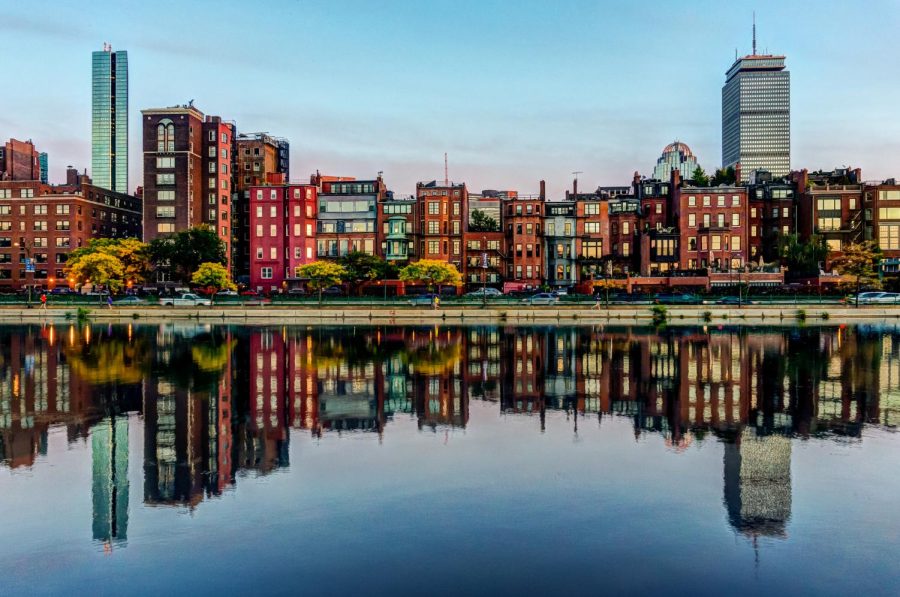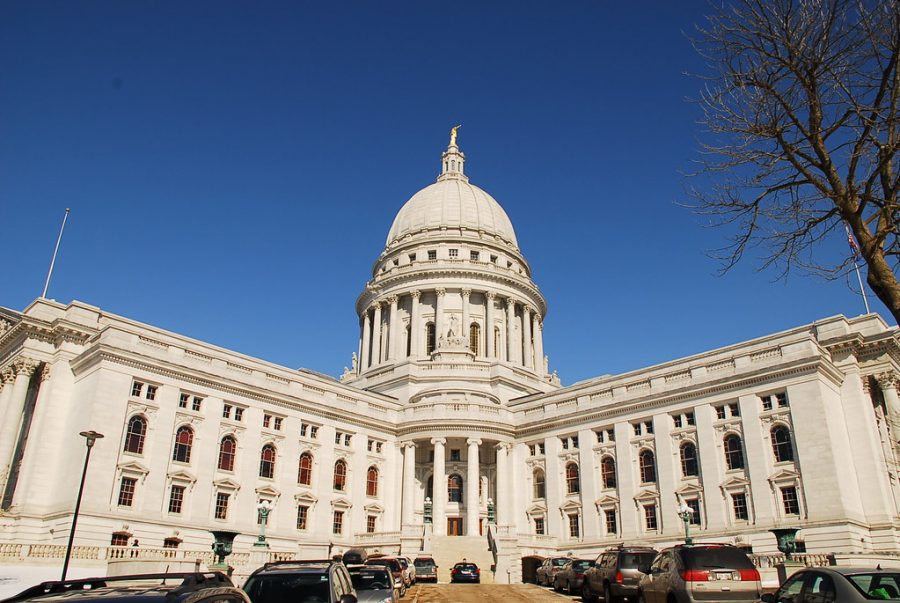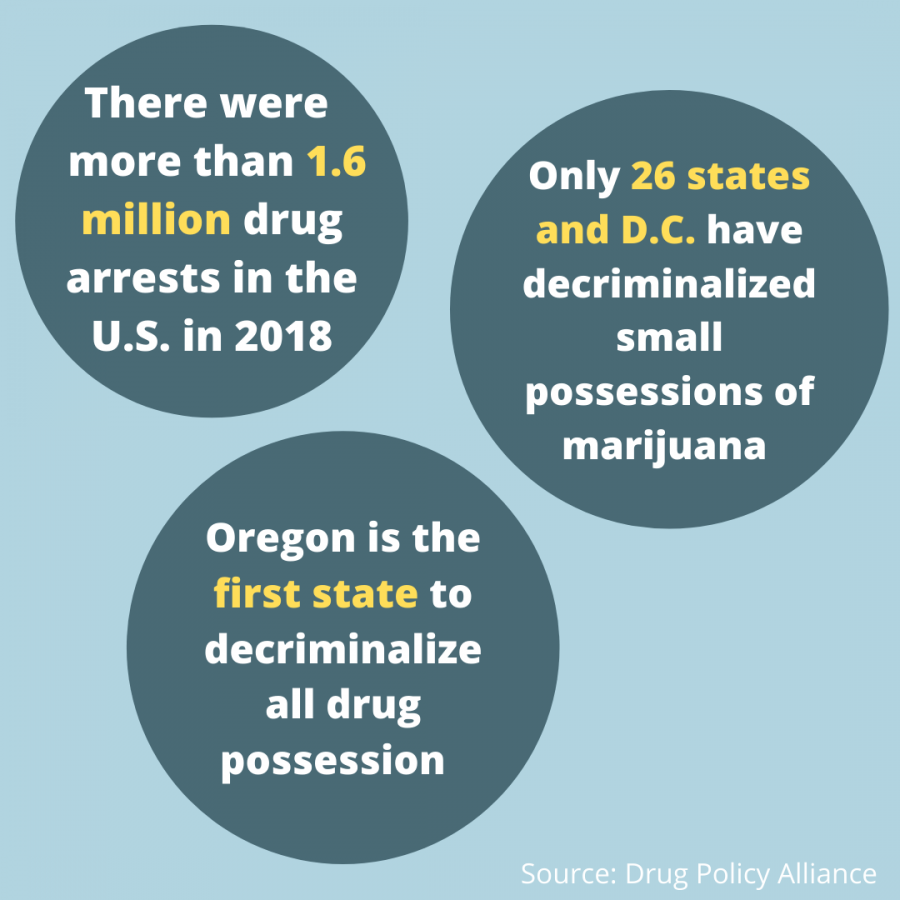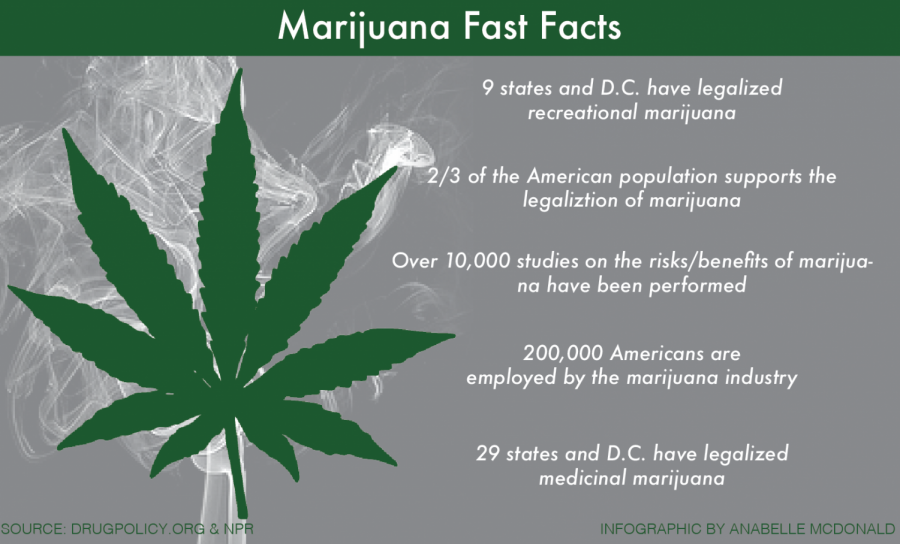Minnesota, Michigan and Illinois have all legalized the use of medical marijuana. Illinois and Michigan even legalized recreational marijuana. Meanwhile, Wisconsin falls behind. Some are questioning why this has happened in the dairy state.
Conflicting state politics seem to have plagued any progress in allowing the fruition of any pro marijuana-based legislation.
In fact, as of April 15, Wisconsin Senate Republicans said they would not legalize medical or recreational use of marijuana, according to the Milwaukee Journal Sentinel.
Wisconsin’s neighboring states, specifically Michigan and Illinois, have both passed legislation in the past three years that allow for recreational use for adults age 21 or older. Minnesota has had medical use legalized since 2014 and is currently looking to instate recreational use. Iowa has a very limited medical use program that spans all the way back to 2014.
Wisconsin’s stance, on the other hand, allows only very minimal use of medical marijuana. According to the National Cannabis Industry Association, Wisconsin allows “possession of marijuana-derived CBD oil … with a doctor’s certification.”
Democrat Governor Tony Evers has supported statewide medical legalization since he began his term in 2019. However, Evers faces large conflict when attempting to propose bills due to the large number of Republicans he faces in the Senate.
Philip Rocco, associate director of undergraduate studies in political science, said that the relationship between the governor and state legislature is troubled.
“The state legislature within Wisconsin does not work with a healthy or competitive democratic,” Rocco said. “The thing that is choking the issue is the unique quality that Wisconsin is undemocratic.”
The difficulty of the state legislature makes it hard for any Democratic bill to pass, such as those that Gov. Tony Evers may support.
With 21 Republicans and 12 Democrats in the state Senate, Republicans have a heavy partisan advantage. Republicans have held control of the state Senate for the past six years. They have also had control for nine of the past 15 terms.
This is in part due to intense gerrymandering across the state. Gerrymandering is when district lines are drawn to support one party over another. When the new districts were adopted in 2012, Democrats gathered the majority of the popular vote. They, however, only garnered 39 of 99 seats in the Assembly.
Karen Hoffman, a political science professor, said she agreed with the statement of Rocco.
“The polarization of Wisconsin politics. The legislature has gridlock about near everything,” Hoffman said. “We are in a really non-productive place for legislation in Wisconsin.”
Milwaukee County has contrasted the lack of progression in the state legislature by announcing a new law revolving around the possession of marijuana. The new law sets the maximum fine for possession of less than 25 grams at one dollar.
The punishments in Milwaukee County are significantly less harsh than the rest of the state. Anywhere else, one can be charged with a misdemeanor for their first offense and a felony for their second.
“Milwaukee’s one dollar marijuana possession law is a huge step in the right direction for legalization,” Rocco said. “Decriminalization is more important because it’s an issue within racial injustice as well.”
Avery Farmer, a sophomore at the College of Arts & Sciences, doesn’t think Milwaukee should be looking to legalize marijuana right now. This is due to the amount of racial injustice that surrounds drug convictions.
“I think more important to reduce punishment, decriminalize is more important than legalization. That severely limits the enforcement which would be incredibly beneficial,” said Farmer.
Legalization of cannabis would mean the removal of all legal prohibitions against the drug. Decriminalizing would mean that use would remain illegal, but people would not be prosecuted if their possession of the drug was under a specified amount. This would lead to less people being arrested for possession of marijuana.
According to Wisconsin Public Radio, Black Wisconsinites are 4.3 times more likely to be convicted for marijuana possession than white people. Milwaukee County, regardless of being home to 69% of the state’s Black population, only accounted for 8% of the convictions.
Hoffman said, “Decriminalization of marijuana in Wisconsin should be looked at with higher priority than legalization.”
With all of Wisconsin’s neighbors having some sort of legalization of marijuana, at least medically, Hoffman believes that “it’s hard to say that we won’t go forward at some point.”
This story was written by Finn Askin. He can be reached at finn.askin@marquette.edu










